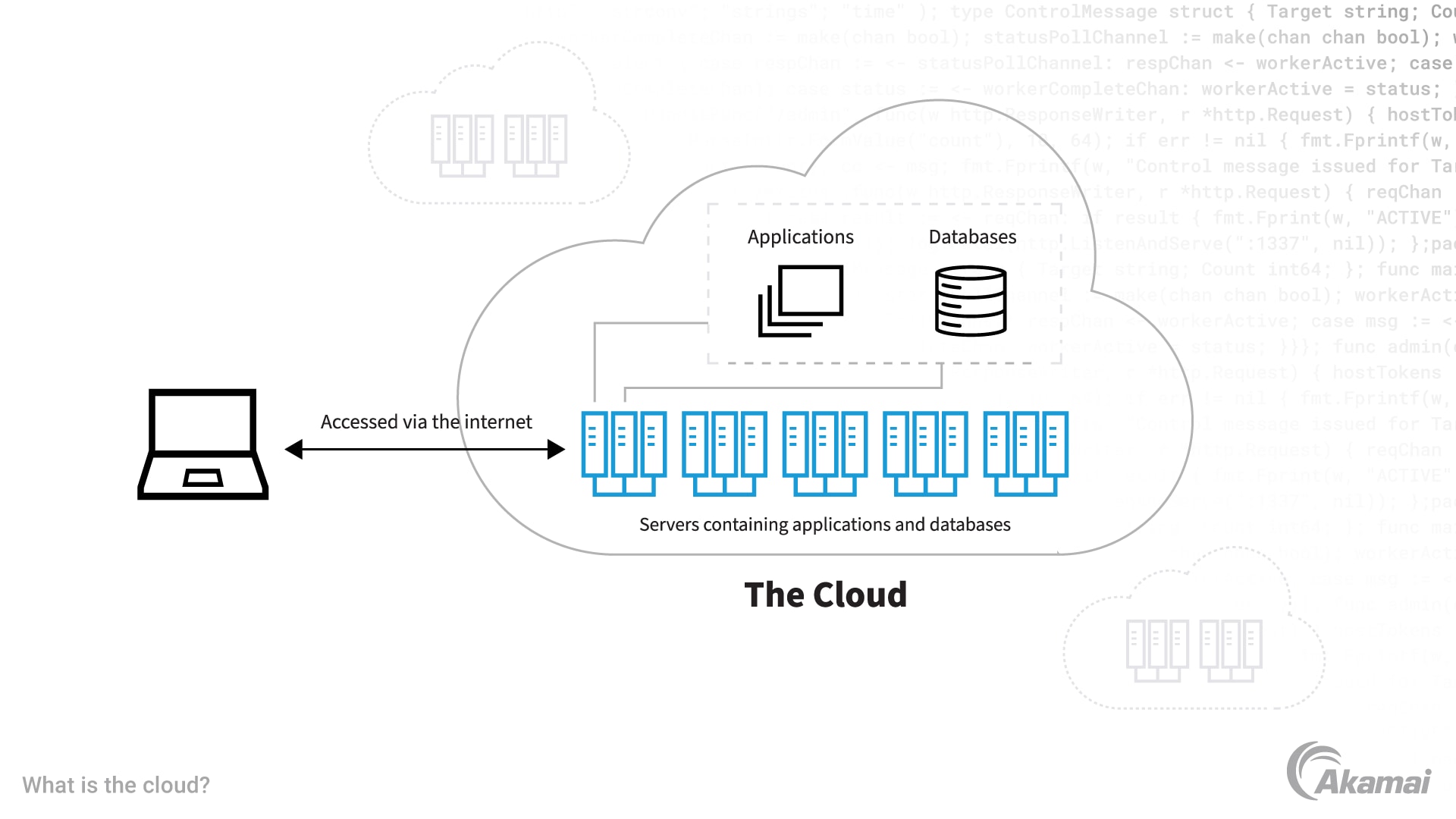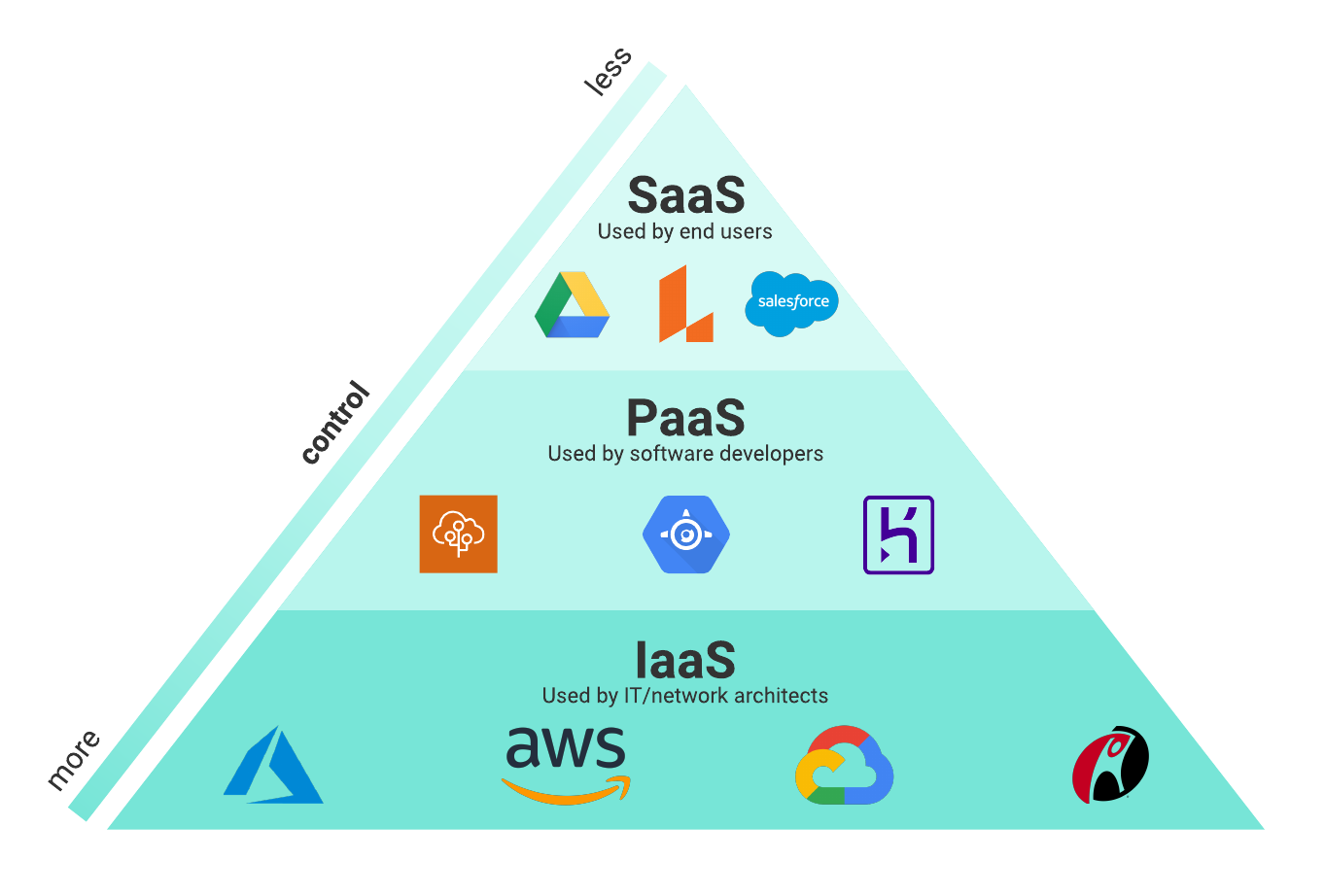Important Tips for LinkDaddy Cloud Services: Enhancing Your Universal Cloud Service Method
Important Tips for LinkDaddy Cloud Services: Enhancing Your Universal Cloud Service Method
Blog Article
Streamline IT Management With Cloud Services
Cloud solutions have arised as a practical solution for services looking to enhance effectiveness, reduce expenses, and improve general IT efficiency. Exactly how specifically do these cloud services reinvent traditional IT monitoring practices? Let's discover the transformative impact of leveraging cloud solutions on IT procedures and the essential factors to consider for successful application.
Advantages of Cloud Services
Moreover, cloud services enable organizations to boost their functional effectiveness by improving procedures and minimizing the time and resources required for handling IT facilities. With cloud services, companies can automate routine jobs, such as software program updates and data backups, liberating IT groups to concentrate on more critical efforts that drive company value.

Boosted Scalability and Versatility
Cloud solutions offer organizations with exceptional scalability and adaptability in managing their IT sources successfully. Scalability is an important attribute of cloud services that enables firms to easily change their IT sources based upon demand. With cloud services, organizations can quickly scale up or down their computing sources, storage space capacity, and network data transfer to fulfill transforming needs without the requirement for significant upfront investments in equipment. This flexibility allows companies to adjust to fluctuating workloads, seasonal demands, or unanticipated growth without experiencing downtime or performance issues.
Furthermore, cloud services supply the versatility to choose from a range of service versions, such as Facilities as a Solution (IaaS), System as a Service (PaaS), or Software Program as a Service (SaaS), based on the details requirements of the business. The boosted scalability and versatility supplied by cloud services encourage services to optimize their IT operations and remain active in today's vibrant market atmosphere.

Cost-Effectiveness and Cost Savings
With the ability to effectively assign sources based on need, businesses using cloud services can harness substantial cost-effectiveness and realize considerable savings in their IT operations. Cloud services supply a pay-as-you-go model, enabling firms to only pay for the sources go to my blog they make use of, eliminating the requirement for large in advance financial investments in hardware and software application. This scalability makes certain that businesses can quickly adjust to fluctuating demands without spending beyond your means on unnecessary resources. Furthermore, cloud solutions decrease maintenance costs by moving the duty of equipment upkeep and software application updates to the solution copyright. This reduces the need for specialized IT team to manage infrastructure, additional lowering functional expenditures. Moreover, the cloud provides economic situations of range, with service providers spreading expenses across multiple customers, resulting in reduced individual prices for solutions like storage and computer power. On the whole, the cost-effectiveness and financial savings attained with cloud services enable companies to reallocate sources in the direction of advancement and growth initiatives.
Improved Safety and Compliance
Enhancing the total safety and security stance and guaranteeing regulatory compliance are paramount factors to consider for businesses leveraging cloud solutions in their IT management methods. Cloud company offer sophisticated security procedures, such as data file encryption, multi-factor verification, and automated backups, which can boost a company's safety framework. These suppliers also comply with rigorous regulatory requirements, such as GDPR, HIPAA, and PCI DSS, aiding companies fulfill compliance needs more successfully.
Implementing cloud services can improve protection by providing streamlined control over accessibility management, tracking, and information defense. This centralized method streamlines protection management and guarantees constant application of safety plans throughout the company. Moreover, cloud services typically use real-time protection updates and spots, reducing the danger of vulnerabilities and prospective violations.
Best Practices for Cloud Implementation
Applying cloud services effectively needs an organized approach that encompasses detailed preparation and thorough implementation. To make sure a smooth shift to the cloud, organizations should start by performing a thorough evaluation of their present IT infrastructure and identifying which work appropriate for movement. It is necessary to establish clear objectives and specify crucial performance indicators (KPIs) to gauge the success of the cloud application.
Among the most effective practices for cloud execution is to thoroughly pick a cloud look here provider that lines up with the company's demands in regards to safety and security, scalability, conformity, and cost-effectiveness. Additionally, developing a comprehensive movement strategy that describes the actions involved, timelines, and obligations is crucial for a successful execution.
Frequently maximizing and monitoring cloud resources to make certain efficient performance and expense monitoring is another vital facet of cloud execution best methods. Constant analysis of the cloud environment and staying notified regarding updates and brand-new attributes supplied by the cloud service provider can basics additionally boost the company's cloud strategy. By following these finest methods, companies can simplify their IT monitoring and make the most of the advantages of cloud solutions.
Final Thought
In conclusion, leveraging cloud solutions for IT monitoring uses various advantages, consisting of improved scalability, cost-effectiveness, enhanced safety, and compliance. In general, cloud solutions boost operational efficiency and dexterity in managing IT framework.
In addition, cloud services give the adaptability to choose from a selection of solution models, such as Framework as a Service (IaaS), System as a Service (PaaS), or Software as a Solution (SaaS), based on the particular demands of the service. Additionally, cloud solutions reduce upkeep expenses by shifting the obligation of equipment upkeep and software program updates to the service provider.Enhancing the general security pose and ensuring regulative conformity are vital factors to consider for companies leveraging cloud solutions in their IT management methods.Frequently maximizing and keeping track of cloud sources to ensure effective efficiency and price management is one more essential aspect of cloud application ideal practices. Continuous examination of the cloud setting and staying informed regarding updates and brand-new attributes offered by the cloud company can better boost the organization's cloud technique.
Report this page